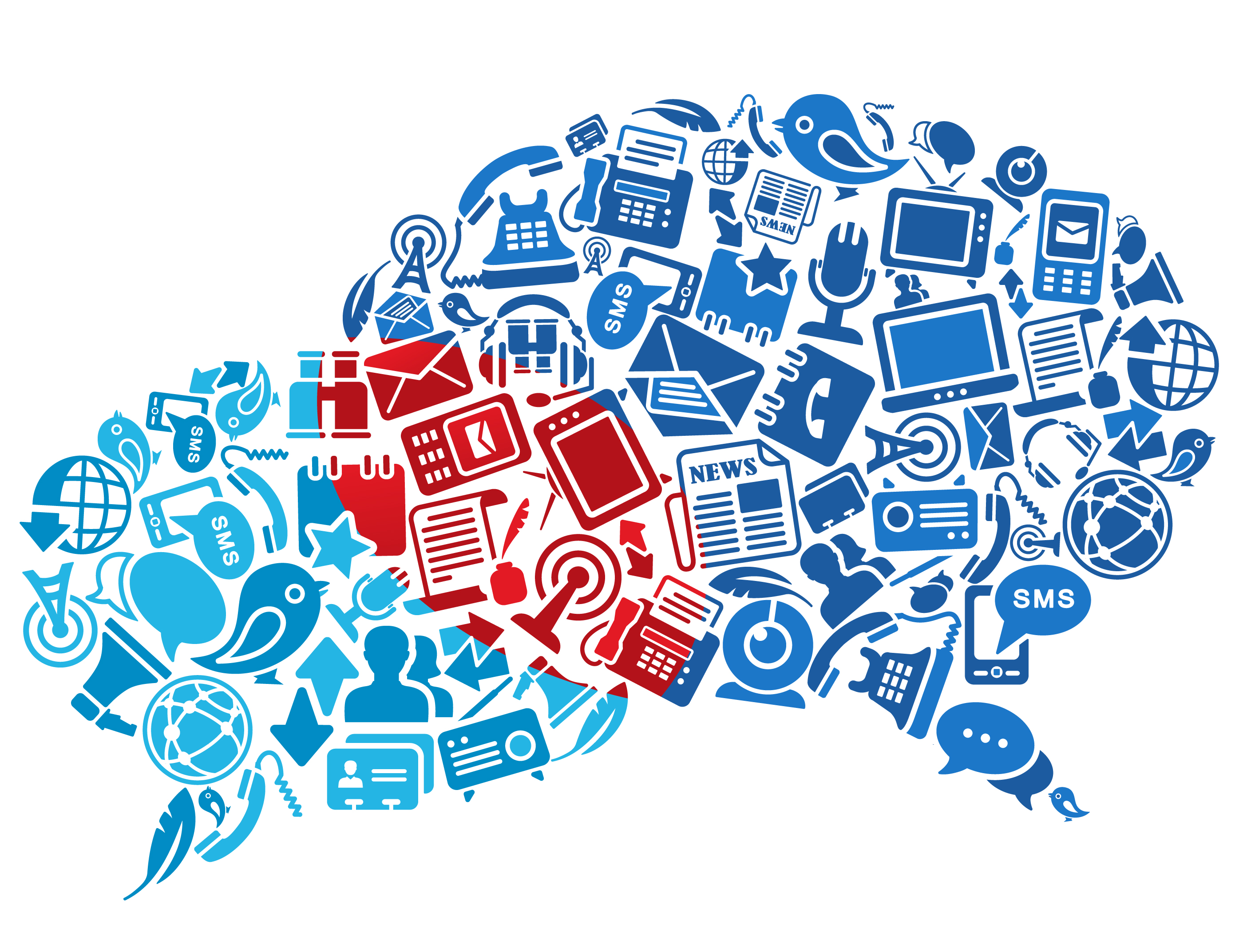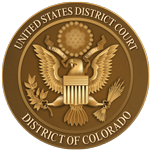This week, Facebook began shutting out thousands of voices from discussions on political or social issues. The company’s blackout on new political and issue ads in the lead-up to, and aftermath of, Election Day on November 3 is a dangerous experiment in censorship.
Facebook claims to be politically neutral and a supporter of free speech. Banning political ads tilts the playing field to favor incumbents and restricts speech. Politicians who rely less on advertising to get their message out – typically incumbents and celebrities who have high name recognition – gain an advantage over new candidates and grassroots challengers who are not as well known.
Today, Rep. Alexandria Ocasio-Cortez is a major political figure who speaks to millions of followers on Twitter and Facebook. But in 2017, she was a political unknown trying to find a way to build a winning campaign. She found an important tool in Facebook ads, spending half of her primary campaign’s funds on the platform on her way to a huge upset victory. In recent months, Rep. Ocasio-Cortez spent another $1.6 million on Facebook ads in hopes of “building her own small-donor network to avoid having to rely on Facebook.”
Will future insurgent candidates be able to follow her example without access to the same tools to build and grow an audience? Or will banning ads allow incumbents to dominate?
Candidates are not the only ones being harmed. The blackout will also prevent anyone, including nonprofits, from running ads about social issues. Dominant media voices like Fox News Channel’s Tucker Carlson and The New York Times Editorial Board will wield an even bigger megaphone during this period. Democracy suffers when establishment speech is bolstered at the expense of those who haven’t yet built a following. Inevitably, this will most harm those who wish to challenge the status quo.
An ad blackout is not neutral with respect to the presidential election either. President Trump has a stronger Facebook network than Joe Biden. The former vice president has under four million Facebook followers whereas President Trump has over thirty million – not to mention Trump’s dominance on Twitter and ability to drive the news cycle. That disparity led some Democrats to argue that banning political ads would strengthen Trump’s hand.
Facebook has been criticized for failing to prevent the spread of hate and misinformation. Banning social and political ads, however, does not address these issues. It only affects advertisers and would not limit the ability of users to post incendiary, false, or otherwise offensive statements.
For example, a ban on political ads would not have stopped President Trump’s controversial post during the George Floyd protests – “When the looting starts, the shooting starts.” But it would have stopped others from running ads that criticized Trump’s statement.
Derrick Johnson, President of the NAACP, explained in July that Facebook’s ad ban “does not address their platform being used by white supremacists and other hate groups.” Facebook has the right to ban political ads on its services if it chooses, but doing so will not rid the platform of hate or controversial statements. It will, however, prevent people from spending money to challenge the spread of noxious or debatable claims at the time when such messages are most urgent.
Democracies solve issues through speech and deliberation rather than enforcing silence. Aristotle famously said that man, by nature, is a political animal. Facebook’s consideration of banning political ads is unnatural and dangerous for democracy.
We do not have the power to erase ideas we disagree with or find offensive, nor should we. However, we do have the power to speak out and motivate others to seek political change. This is the truly democratic solution to making the world a better place.
Instead of trying to restrict political speech, Facebook should instead focus on continuing its legacy of allowing all to speak. We need a diversity of voices now more than ever.
Alec Greven spent the summer of 2020 as a Research Intern at the Institute for Free Speech. He occasionally contributes to the Institute’s blog with original commentary on topical political speech issues.














